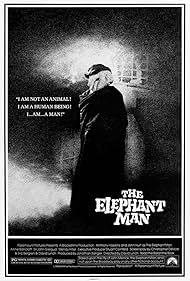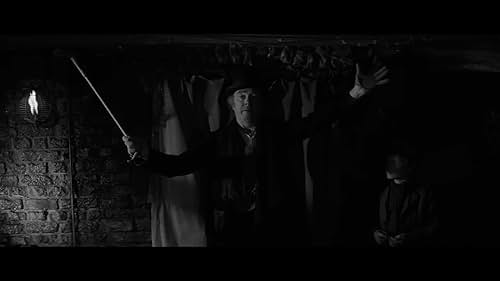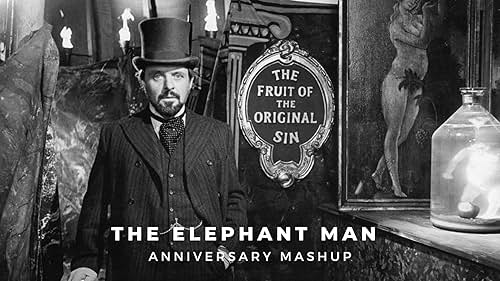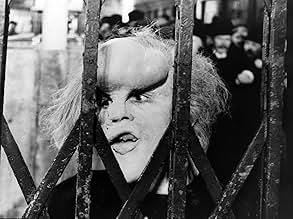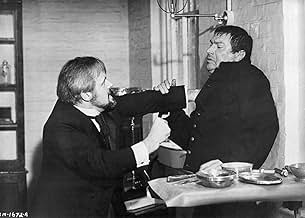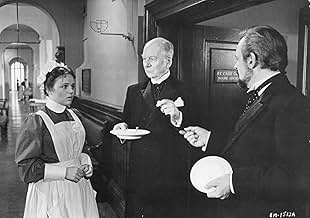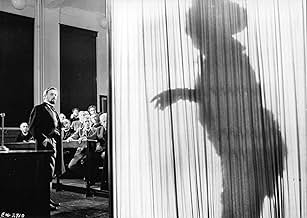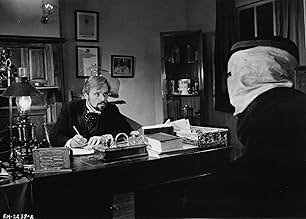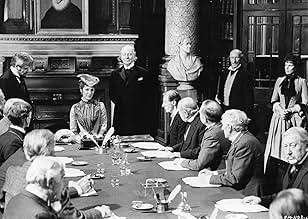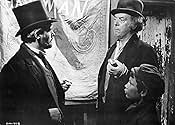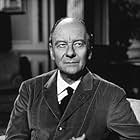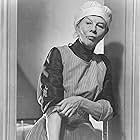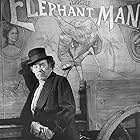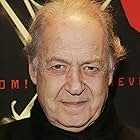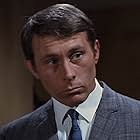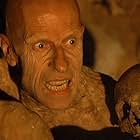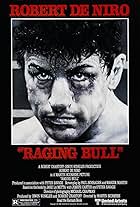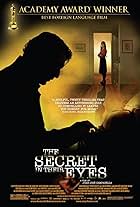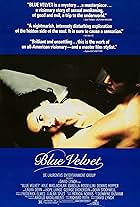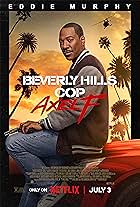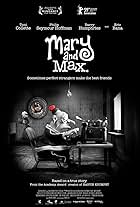A Victorian surgeon rescues a heavily disfigured man who is mistreated while scraping a living as a side-show freak. Behind his monstrous façade, there is revealed a person of kindness, inte... Read allA Victorian surgeon rescues a heavily disfigured man who is mistreated while scraping a living as a side-show freak. Behind his monstrous façade, there is revealed a person of kindness, intelligence and sophistication.A Victorian surgeon rescues a heavily disfigured man who is mistreated while scraping a living as a side-show freak. Behind his monstrous façade, there is revealed a person of kindness, intelligence and sophistication.
- Nominated for 8 Oscars
- 11 wins & 22 nominations total
Storyline
Did you know
- TriviaThis movie was executive produced by Mel Brooks, who was responsible for hiring writer and director David Lynch, and obtaining permission to film in black-and-white. He deliberately left his name off of the credits, as he knew that people would get the wrong idea about the movie if they saw his name on the movie, given his fame as a satirist.
- GoofsDuring Merrick's visit with Treves and his wife at their home, he shows them a picture of his mother. He expresses his desire to find her someday, but in reality his mother died when he was 11 years of age from bronchial pneumonia.
- Quotes
John Merrick: I AM NOT AN ELEPHANT! I AM NOT AN ANIMAL! I AM... A HUMAN BEING! I... AM... A... MAN!
- Crazy creditsClosing disclaimer: This has been based upon the true life story of John Merrick, known as The Elephant Man, and not upon the Broadway play of the same title or any other fictional account.
- Alternate versionsIn the ending scene of the extended edition after Merrick's mother recites Lord Tennyson's "Nothing Will Die", we see the African elephants from the opening scene striking down Merrick's mother. After the elephant attack, we see the smoke/dust rising upward, with a baby wailing in the background ending the extended edition (coming on December 2024).
- SoundtracksAdagio for Strings, Op. 11
Composed by Samuel Barber
Performed by London Symphony Orchestra
Conducted by André Previn
Featured review
'I am not an animal! I am a human being! I
am
a man!'
John Merrick (as portrayed in The Elephant Man)
'If Your Life Sucks, Watch this Movie' 'The Elephant Man,' directed by David Lynch and written by Sir Frederick Treves and Ashley Montagu, is a macabre story about Dr. Frederick 'Freddie' Treves (Anthony Hopkins) who shows compassion for a man with Proteous Syndrome John Merrick (John Hurt). The story is based on the true account of John Merrick's life as a side show freak in the nineteenth century. The viewer is taken on a journey of a man trying to regain some self-respect and the doctor who is helping him to do so.
If you are like me and in a bad space in your life, watch this movie. Although a depressing film there are brief moments of hope with the interaction of Merrick and Treves. But, mostly it is scene after scene of abuse, torture and the dark side of human nature. This is not a movie that a viewer is going to want to watch time and time again. Watching this movie is like being drug through a crime scene, most don't want to look but most can't help themselves. After viewing the film, I felt a lot better about my life, and right now I am unemployed, fat and alone.
That being said, the movie taken as a work of art was excellent. The black and white cinematography really added to the Victorian feel of the nineteenth century. The character development was superb and the acting of Hopkins and Hurt phenomenal. The makeup and costuming was dark as the film itself and the direction by Lynch, using his signature 'dream' scenes only added to the dimness of the entire film. I highly recommend this film once because it is beautifully directed and a great story. But, unless you are a masochist, once is enough.
John Merrick (as portrayed in The Elephant Man)
'If Your Life Sucks, Watch this Movie' 'The Elephant Man,' directed by David Lynch and written by Sir Frederick Treves and Ashley Montagu, is a macabre story about Dr. Frederick 'Freddie' Treves (Anthony Hopkins) who shows compassion for a man with Proteous Syndrome John Merrick (John Hurt). The story is based on the true account of John Merrick's life as a side show freak in the nineteenth century. The viewer is taken on a journey of a man trying to regain some self-respect and the doctor who is helping him to do so.
If you are like me and in a bad space in your life, watch this movie. Although a depressing film there are brief moments of hope with the interaction of Merrick and Treves. But, mostly it is scene after scene of abuse, torture and the dark side of human nature. This is not a movie that a viewer is going to want to watch time and time again. Watching this movie is like being drug through a crime scene, most don't want to look but most can't help themselves. After viewing the film, I felt a lot better about my life, and right now I am unemployed, fat and alone.
That being said, the movie taken as a work of art was excellent. The black and white cinematography really added to the Victorian feel of the nineteenth century. The character development was superb and the acting of Hopkins and Hurt phenomenal. The makeup and costuming was dark as the film itself and the direction by Lynch, using his signature 'dream' scenes only added to the dimness of the entire film. I highly recommend this film once because it is beautifully directed and a great story. But, unless you are a masochist, once is enough.
- philosofee_lvr2003
- Jul 26, 2004
- Permalink
- How long is The Elephant Man?Powered by Alexa
Details
Box office
- Budget
- $5,000,000 (estimated)
- Gross US & Canada
- $26,010,864
- Gross worldwide
- $26,028,672
- Runtime2 hours 4 minutes
- Color
- Sound mix
- Aspect ratio
- 2.35 : 1
Contribute to this page
Suggest an edit or add missing content

